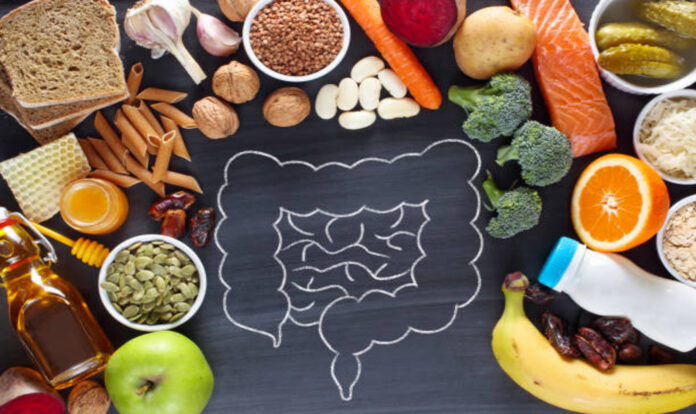Introduction:
Fiber, often overlooked in the realm of nutrition, holds immense potential in improving our overall health. With its multifaceted benefits ranging from relieving constipation to aiding gut health and benefiting individuals with diabetes, fiber has emerged as a powerful dietary component. In this article, we delve into the captivating world of fiber and explore how its inclusion in our diets can lead to a multitude of positive outcomes.
Relieving Constipation: A Natural Solution
One of the most notable benefits of fiber is its ability to alleviate constipation. Fiber adds bulk to the stool, aiding in regular bowel movements and preventing the discomfort associated with constipation. By promoting bowel regularity, fiber ensures that waste moves through the digestive system efficiently, reducing the risk of digestive ailments.
Aiding Gut Health: Nurturing Our Microbiome
A healthy gut is key to overall well-being, and fiber plays a crucial role in supporting it. The human gut harbors trillions of beneficial bacteria, collectively known as the gut microbiome. Fiber acts as a prebiotic, providing nourishment to these beneficial bacteria. By fueling the growth of these microbes, fiber helps maintain a balanced gut microbiome, which is essential for digestion, nutrient absorption, and even immune function. Furthermore, fiber-rich foods such as fruits, vegetables, and whole grains also contain phytonutrients and antioxidants that have been linked to improved gut health. These compounds have anti-inflammatory properties and contribute to the overall diversity and resilience of the gut microbiome.
Fiber and Diabetes: A Positive Impact
Individuals with diabetes can particularly benefit from including fiber in their diets. Soluble fiber, found in foods like oats, legumes, and certain fruits, forms a gel-like substance in the digestive system. This gel slows down the absorption of glucose, helping to regulate blood sugar levels. By preventing rapid spikes in blood sugar, fiber assists in glycemic control, making it an invaluable asset for diabetic individuals. Moreover, a fiber-rich diet can aid in weight management, another crucial aspect for individuals with diabetes. High-fiber foods tend to be more filling, leading to reduced calorie intake. Additionally, fiber-rich foods often have a lower glycemic index, making them favorable choices for those aiming to maintain stable blood sugar levels.
Incorporating Fiber into Your Diet:
Now that we understand the myriad benefits of fiber, it is important to explore practical ways to incorporate it into our diets.
Some simple strategies include:
Increasing fruit and vegetable consumption:
Aim to include a variety of colorful fruits and vegetables in your daily meals.
Choosing whole grains:
Opt for whole grain bread, pasta, and rice instead of their refined counterparts.
Including legumes and pulses:
Incorporate lentils, beans, and chickpeas into soups, salads, and stews.
Snacking on nuts and seeds:
Enjoy a handful of almonds, chia seeds, or flaxseeds as a nutritious snack option.
Conclusion:
The power of fiber cannot be understated when it comes to promoting digestive health, relieving constipation, and supporting individuals with diabetes. By embracing a fiber-rich diet, we can unlock a host of benefits that contribute to our overall well-being. So let’s make fiber a vital part of our daily nutritional intake and reap the rewards of a healthier lifestyle.


